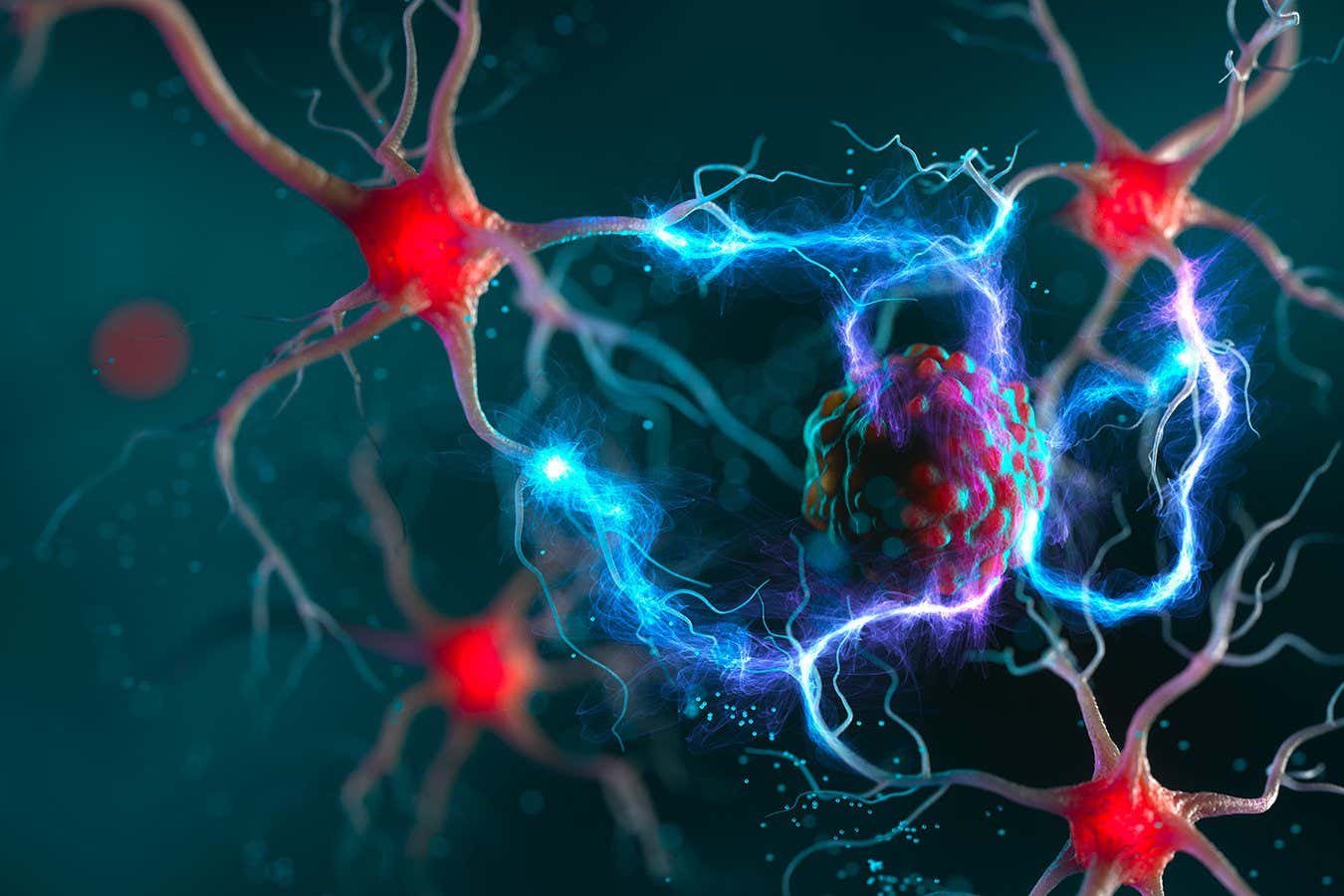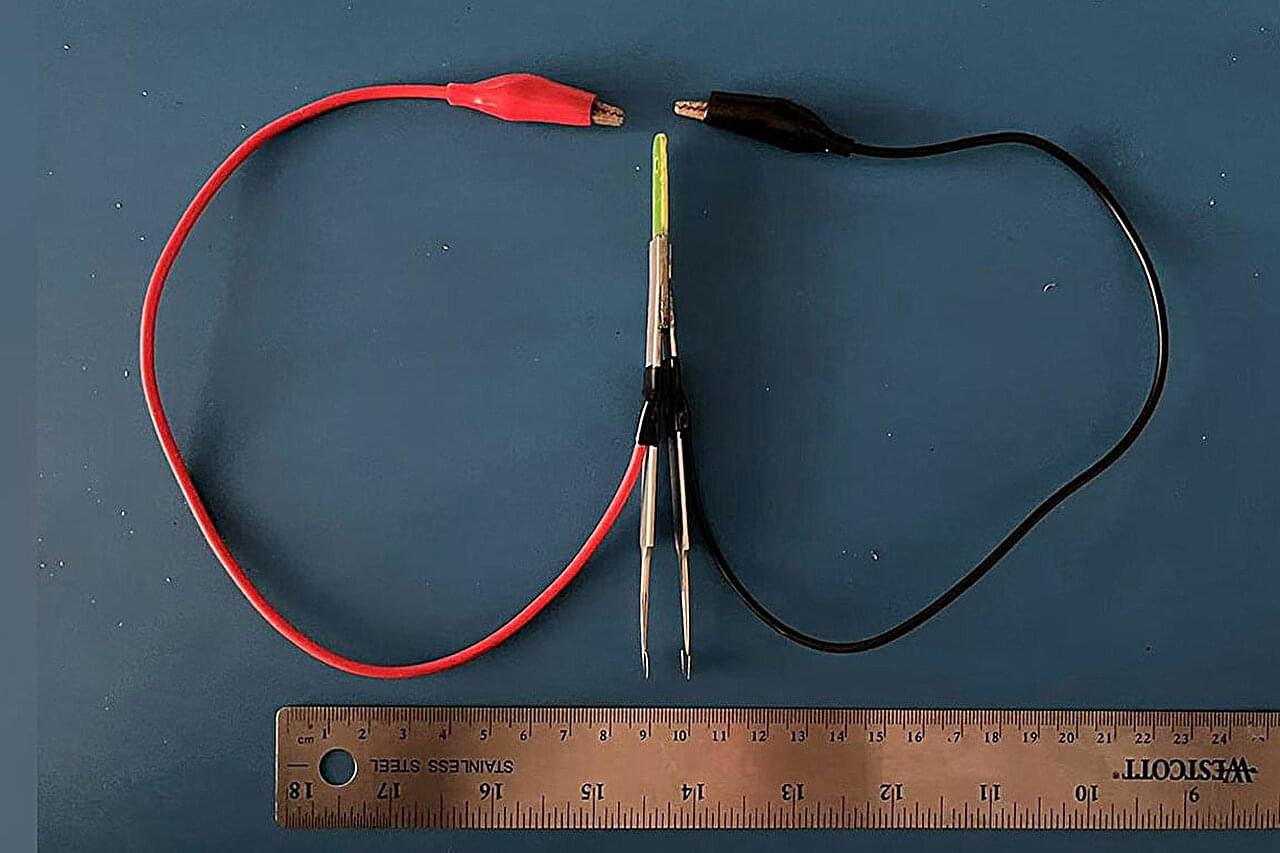Leaving your physical body, hovering a few feet in the air, and seeing your own body from the outside, is an out-of-body experience (OBEs)
New research shows that healthy lifestyle choices can reduce the risk of stroke, dementia, and depression, even in people with biologically shortened telomeres.
A new understanding of how tumours exploit our nervous system is leading to new ways to treat cancer using familiar drugs like Botox and beta blockers
Three newly identified indole metabolites from a blood-dwelling bacterium were found to reduce skin cell inflammation and aging markers, offering promise for future anti-aging treatments. People spend a lot of time and money trying to keep their skin looking young, using everything from creams an
Memorial Sloan Kettering Cancer Center researchers have identified a metabolic switch that determines whether intestinal stem cells become absorptive or secretory cells. Manipulating the enzyme OGDH either fuels cell expansion or redirects fate, with potential consequences for colitis recovery and regenerative therapy.
Stem cells in the intestine maintain a delicate balance between self-renewal and differentiation, continuously replenishing the epithelial lining of the gut.
As they divide, some daughter cells become absorptive enterocytes that expand the surface for nutrient uptake, while others branch into secretory cells that manufacture mucus, antimicrobial peptides, and hormones essential for gut immunity. Injury and inflammation can tip this balance, depleting secretory lineages and disrupting tissue integrity.
Two 325-million-year-old ctenacanth shark fossils discovered in Mammoth Cave shed light on ancient marine ecosystems.
Understanding how drug delivery systems distribute in vivo remains a major challenge in developing nanomedicines. Especially in the lung, the complex and dynamic microenvironment often limits the effectiveness of existing approaches.
“Structural pharmaceutics” has been introduced as a new strategy to connect nanoparticle structures with physiological structures through advanced three-dimensional (3D) imaging and cross-scale characterizations.
In a study published in ACS Nano, a team led by Yin Xianzhen from the Lingang Laboratory and Zhang Jiwen from the Shanghai Institute of Materia Medica of the Chinese Academy of Sciences developed a precise targeting strategy for tracheal inflammation.
Washington State has approved a bill which allows GPS-based speed limiting devices to be installed in the vehicles of speeding offenders from 2029
Scientists gathered in New Haven, Connecticut, to compare notes on their growing portfolio of quantum materials primed with new physics and teasers for next-generation technologies.
Lithium-metal batteries have not hit the market yet, but if they do, they could be a solution to the everyday woes of the dwindling battery meter. They are cousins of the lithium-ion batteries found in legions of everyday electronic devices, but with the potential to hold twice as much power. Unfortunately, the lithium-metal battery’s limited number of recharges has been a major obstacle to their wide adoption.
A new study led by researchers at the California NanoSystems Institute at UCLA, or CNSI, however, might just help ratchet up the pace of progress. In the journal Science Advances, the team documented an imaging technique they invented that—for the first time ever—captures a lithium-metal battery as it charges, at a level of detail smaller than the wavelength of light.
The method, electrified cryogenic electron microscopy, or eCryoEM for short, yielded insights that may help guide the design of better lithium-metal batteries. Cultivating this progress with U.S.-based research could give the U.S. an edge in this successor technology to lithium-ion batteries, an industry currently dominated by Chinese enterprises. The study also holds promise for shedding light on mysteries in disciplines as far afield as neuroscience.









